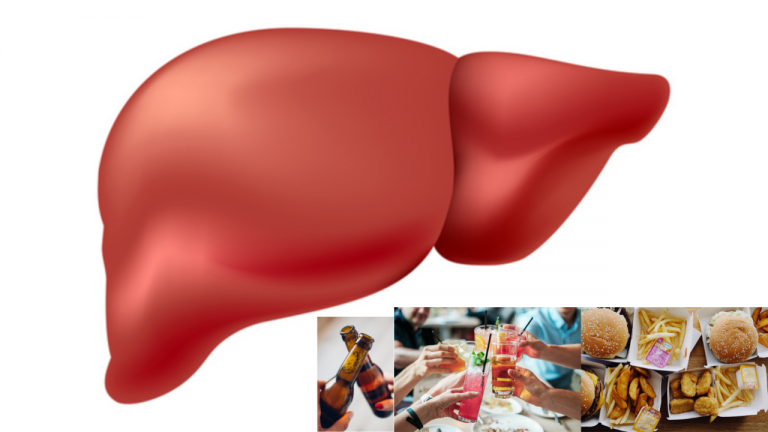Why Can’t I Replace Certain Foods Like Vegetables and Fruits if I Can Supplement With Multivitamins/Minerals, Fiber, and Photo Nutrients?

While multivitamins, minerals, fiber supplements, and phytonutrients can provide some of the essential nutrients found in fruits and vegetables, they cannot fully replace the benefits of consuming whole foods. Here are a few reasons why:
Nutrient synergy: Fruits and vegetables contain a complex combination of vitamins, minerals, fiber, and phytonutrients that work synergistically to provide optimal health benefits. The interactions between different nutrients in whole foods may have a more significant impact on health compared to isolated nutrients found in supplements.
Fiber Content: Whole fruits and vegetables are excellent sources of dietary fiber, which plays a crucial role in digestive health, blood sugar regulation, and maintaining a healthy weight. Most fiber supplements do not provide the same range and types of fiber found in whole foods.
Micronutrients and bioavailability: While multivitamins and minerals can help address specific nutrient deficiencies, they may not provide the same bioavailability or absorption as nutrients obtained from whole foods. Whole foods contain a variety of forms of nutrients that are often better absorbed and utilized by the body.
Phytonutrients: Fruits and vegetables are rich in phytonutrients, which are bioactive compounds that provide various health benefits, including antioxidant and anti-inflammatory properties. These phytonutrients are often not included in multivitamin supplements.
Satiety and dietary satisfaction: Whole fruits and vegetables contribute to a feeling of fullness and satisfaction due to their fiber and water content. Supplements cannot provide the same sensory experience, which can impact overall dietary satisfaction and potentially lead to overeating or nutrient imbalances.
It’s important to note that while supplements can be beneficial for specific situations or nutrient deficiencies, they should not be seen as a complete substitute for a balanced diet rich in whole foods. Consuming a variety of fruits, vegetables, whole grains, lean proteins, and healthy fats provides a wide array of nutrients and health-promoting compounds that are difficult to replicate solely through supplementation.
It’s recommended to prioritize a diverse and balanced diet, including a variety of whole fruits and vegetables, alongside consulting with a registered dietitian or healthcare professional who can provide personalized recommendations based on your specific dietary needs and goals.



